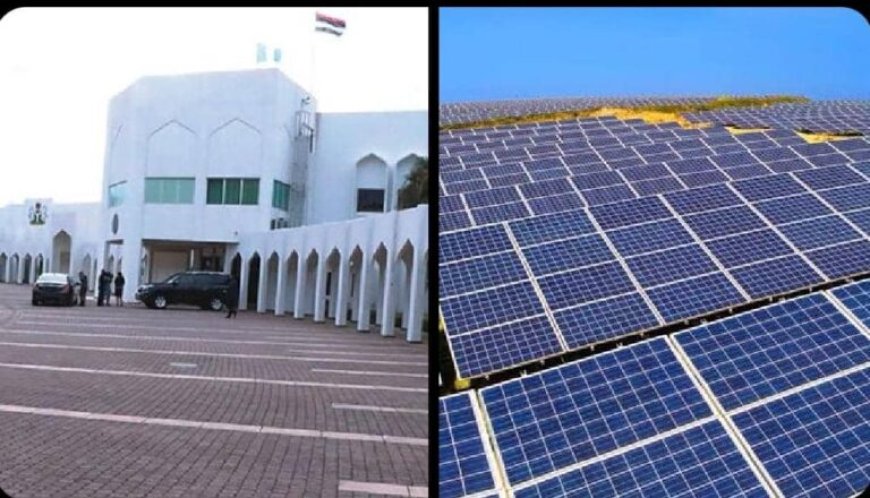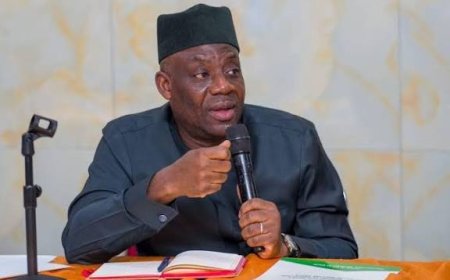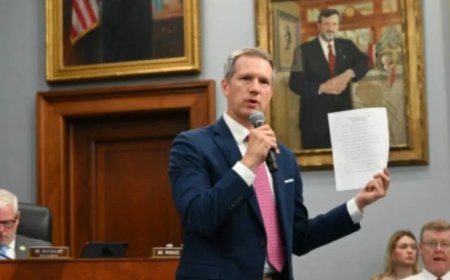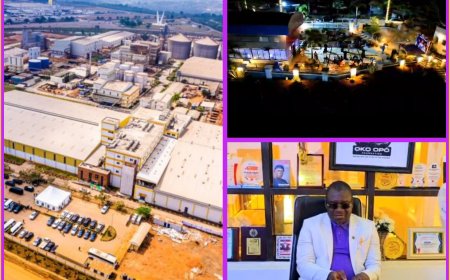Power to Aso Rock: FG Begins ₦10bn Aso Rock Solar Power Project Amid National Grid Failures
In a bold move that makes a loud statement about President Bola Tinubu’s push for cleaner energy and sustainability,the Federal Government of Nigeria OTN News learnt is set to commence the construction of a ₦10 billion solar mini-grid project to power the Aso Rock Presidential Villa. A project many Nigerians believe, underscores the Federal Government’s implicit admission that the national grid can no longer be relied upon to power critical infrastructure.

By: Israel Adeleke
OPEN TELEVISION NAIJA (OTN) News reports as gathered from The Guardian that the Federal Government has commenced the construction of a ₦10 billion solar mini-grid project to power the Aso Rock Presidential Villa, marking a significant shift toward renewable energy and a growing lack of confidence in Nigeria’s fragile national electricity grid.
OTN News further reports as gathered that the extensive portions of the Presidential Villa, including the Banquet Hall parking lot, visitors’ parking area, and the surroundings of the lake, are already being transformed into solar panel zones.
The project is one of the earliest to kick off under the 2025 national budget, where it appears under code ERGP202502463, OTN News learnt.
According to the information gathered, the solar initiative is being executed by Julius Berger in partnership with renewable energy firms, including Bartum Energy, a company established in 2016 and known for promoting solar alternatives as a response to Nigeria’s unreliable public electricity supply.
While the project reflects President Bola Tinubu’s push for cleaner energy and sustainability, it also underscores the Federal Government’s implicit admission that the national grid can no longer be relied upon to power critical infrastructure.
OTN News observes that, Nigeria currently has an installed electricity generation capacity of around 14,000 megawatts, yet less than 5,000MW is actually available for distribution.
OTN News further observes that, most households and businesses, including essential services such as hospitals, cannot depend on the grid.
Rising electricity tariffs for Band A consumers, along with high diesel and petrol costs under the Tinubu administration, have further pushed both residential and commercial consumers toward off-grid alternatives like solar.
The cost of the Aso Rock solar project accounts for over 17% of the Villa’s capital budget, which grew from ₦47 billion in the initial 2025 budget proposal to ₦57 billion after legislative review.
The project’s sizeable price tag has stirred public debate over government spending priorities.
Critics argued that instead of disconnecting the seat of government from the failing grid, the administration should focus on strengthening the national power infrastructure for the benefit of all Nigerians.
“It’s a contradiction,” said one analyst. “You can’t talk about leading a national energy transition when the government itself is abandoning the grid rather than fixing it.”
Data from the Manufacturers Association of Nigeria (MAN) shows that industrial companies have spent over ₦1 trillion in recent years on self-generated power, largely through diesel and gas-powered generators.
Many Nigerian households, too, are increasingly investing in solar panels, inverters, and other off-grid solutions due to persistent power outages.
Despite its renewable energy potential, Nigeria still records frequent national grid collapses and remains far behind in modernizing its power infrastructure.
What's Your Reaction?
























































